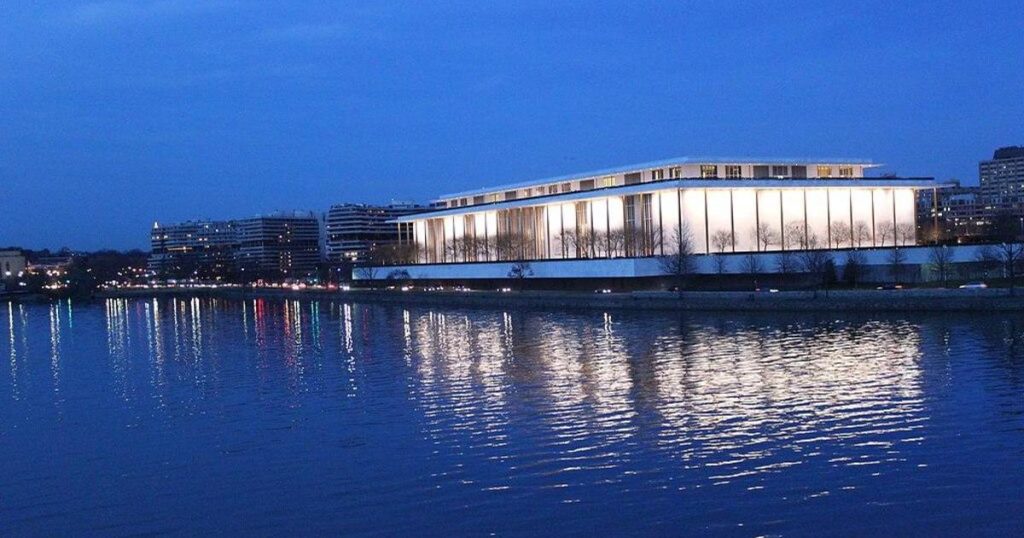President Trump’s Unprecedented Move to Reshape the Kennedy Center
In a bold and unprecedented move, President Trump has announced his intention to exert significant control over the Kennedy Center for the Performing Arts. Through his social media platform, Truth Social, Trump declared his plan to fire several board members and assume the role of chairman, aiming to bring his vision of a "Golden Age in Arts and Culture" to the esteemed institution. This move, which is the first of its kind by a U.S. president, has sparked intrigue and concern among cultural and political circles.
A Shift in Vision and Governance
The Kennedy Center, established by Congress in 1958 as a living memorial to President John F. Kennedy, is renowned for its cultural significance, hosting over 2,200 events annually and attracting two million visitors each year. Its board, comprising 36 members appointed by the president to six-year terms, traditionally includes a mix of Republican and Democratic appointees. Trump’s decision to replace members who do not align with his vision could significantly alter the board’s dynamics, raising questions about the potential politicization of the arts. The announcement comes amidst planned departures of key figures, including Chairman David Rubenstein and President Deborah Rutter, suggesting a period of transition that may be further influenced by Trump’s actions.
Historical Context and Precedent
This move marks a departure from precedent, as no previous president has taken such direct action in reshaping the Kennedy Center’s leadership. The lack of official communication from the White House, despite some board members receiving termination notices, adds an air of abruptness to the situation. This could lead to instability and affect the center’s operations. Additionally, Trump’s strained relationship with the center, dating back to his first term when he skipped the Kennedy Center Honors in 2017, suggests a longer-standing tension that may be influencing his current actions.
Implications for the Institution and Arts
The potential impact of Trump’s move on the Kennedy Center’s future is significant. As a national cultural hub, any shift in leadership could affect its programming, reputation, and perceived independence. The board’s role in governance and decision-making may be influenced by new appointees, possibly steering the center towards aligning with Trump’s personal or political ideologies. This has raised concerns about the balance between cultural expression and political influence, highlighting the challenges of maintaining institutional autonomy amidst changing administrations.
Recent Appointments and Transition
Prior to Trump’s announcement, former President Joe Biden appointed new members, including Karine Jean-Pierre, reflecting a recent update to the board’s composition. Trump’s move to replace these appointees so soon after their installation could lead to a shift in the board’s composition and governance approach. The pending departures of Rubenstein and Rutter further highlight the center’s transition period, which may be shaped by the new leadership’s vision and priorities.
Conclusion
In summary, President Trump’s decision to take over the Kennedy Center’s board represents a significant and unprecedented intervention in a cultural institution. The implications of this move extend beyond governance, touching on the intersection of politics and the arts, institutional independence, and the future direction of a beloved national landmark. As the situation unfolds, it will be crucial to observe how these changes are implemented and the resulting impact on the Kennedy Center’s mission and programs.












